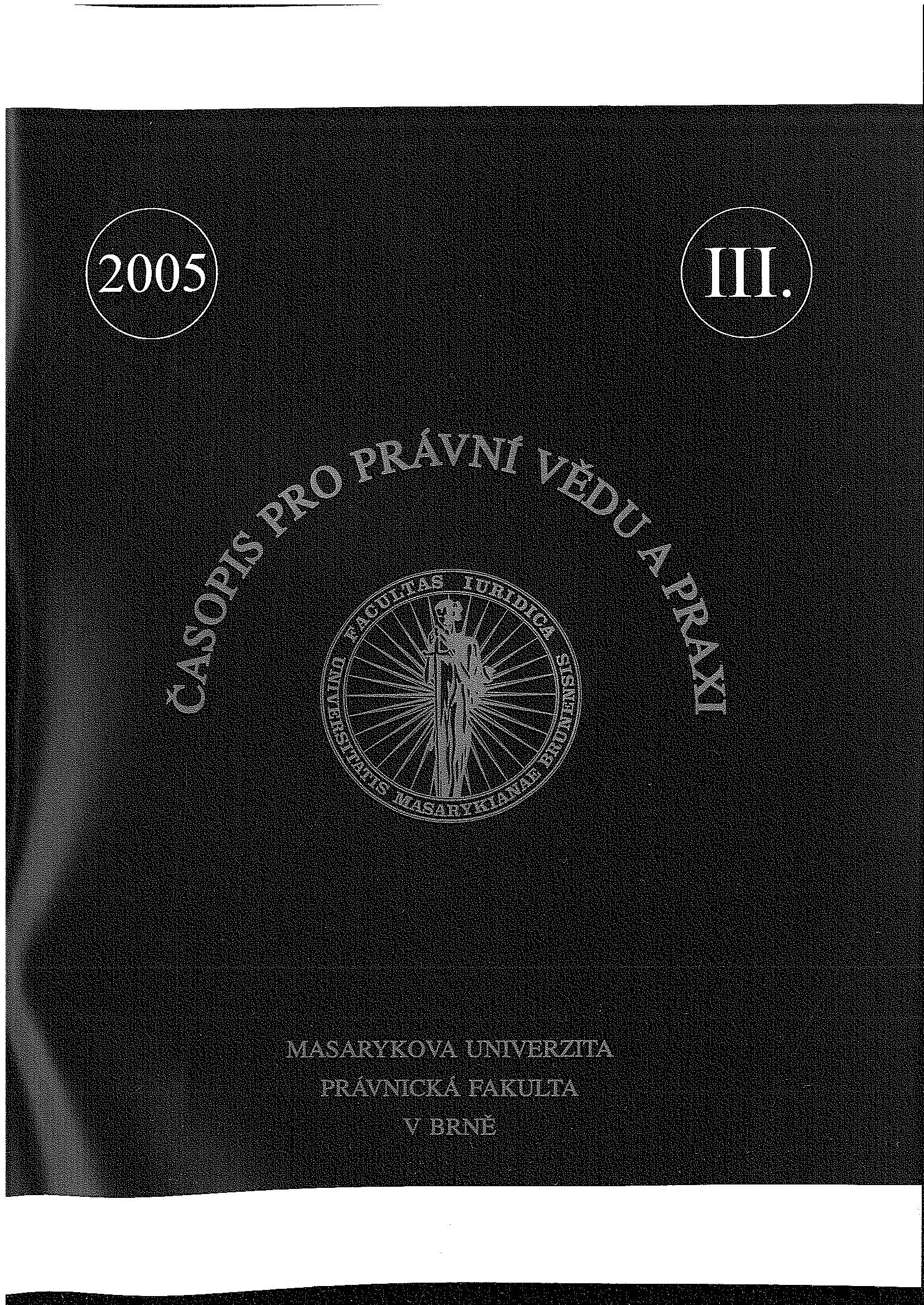Terorismus, extradice a princip non-refoulement
Terrorism, extradition and the non-refoulment principle
Author(s): Renáta KlečkováSubject(s): International Law, Sociology of Law
Published by: Masarykova univerzita nakladatelství
Keywords: Terrorism;extradition;non-refoulment principle;
Summary/Abstract: It is up to the discretion of the host state to determine whether the person fulfills the defining characteristics of a refugee definition embodied in the 1951 Convention relating to the Status of Refugees and the 1967 Protocol. The decision has erga omnes partes effects. It therefore has binding effects on all parties to the Geneva Convention. Refugee status, as determined by one Party, may be challenged by another Party only in exceptional cases where it can be demonstrated that the person does not meet the requirements of the Geneva Convention and the person falls under Article 1F. In both extradition and exclusion, the requested / host State must fulfill its obligation under the refoulement ban. So we have to ask. What role does the principle of non-refoulement play in the relationship between terrorism, extradition, asylum? The outline of the answer to this question should be the aim of this paper.
Journal: Časopis pro právní vědu a praxi
- Issue Year: 13/2005
- Issue No: 3
- Page Range: 310-315
- Page Count: 6
- Language: Czech

